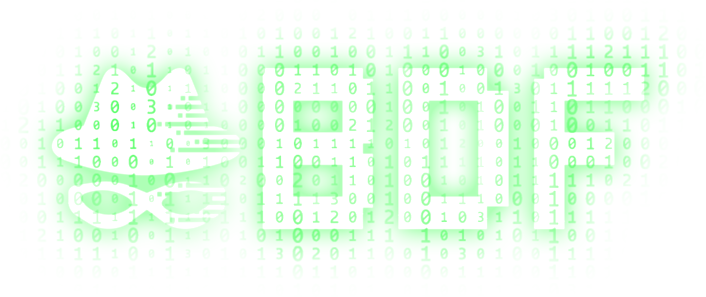- Регистрация
- 21.07.20
- Сообщения
- 40.408
- Реакции
- 1
- Репутация
- 0
China’s first blockchain-powered hospital is set to launch sometime in 2021, but some government officials voiced concerns over data security.
According to Cn-Healthcare, the First Affiliated Hospital of Dalian Medical University will launch a pilot program by January 2021 as blockchain integration is still incomplete. The hospital will use the blockchain to store patient and treatment information.
The operators also said that such a blockchain-powered platform will allow patients to access the so-called “internet hospital” services via a WeChat applet, whose blockchain network stores consultation and treatment data by aiming to maximize contactless solutions due to the pandemic.
However, officials of the Ministry of Industry and Information Technology told hospital administrators they are not convinced that blockchain infrastructure is safe and are concerned over data security issues.
Niu Tie, director of the First Affiliated Hospital of Dalian Medical University, said:
Government officials, Niu said, wanted the hospital to ensure information can be verified and that it can secure storage, transmission and access to data.
China is well-known for its mass surveillance of citizens, making such comments contradictory to some of its policies.
Dalian hospital officials said that their blockchain platform allows patients to access services via WeChat, whose blockchain network stores consultation and treatment data to maximize contactless solutions due to the COVID-19 pandemic.
The Dalian hospital and the Ministry of Industry and Information Technology are still discussing the best ways to guarantee data privacy and security before the planned launch.
Chinese companies filed for over half of all global blockchain patents according to the “2020 Blockchain Industry Development” report. This follows Chinese President Xi Jinping’s endorsement of the industry.
According to Cn-Healthcare, the First Affiliated Hospital of Dalian Medical University will launch a pilot program by January 2021 as blockchain integration is still incomplete. The hospital will use the blockchain to store patient and treatment information.
The operators also said that such a blockchain-powered platform will allow patients to access the so-called “internet hospital” services via a WeChat applet, whose blockchain network stores consultation and treatment data by aiming to maximize contactless solutions due to the pandemic.
However, officials of the Ministry of Industry and Information Technology told hospital administrators they are not convinced that blockchain infrastructure is safe and are concerned over data security issues.
Niu Tie, director of the First Affiliated Hospital of Dalian Medical University, said:
"Our information department is facing a lot of pressure [from the government]. As a leading hospital in the region, any decision-making was very cautious (...) The requirements are also very strict in terms of privacy. The Ministry of Information decided to explore the application of blockchain from the perspective of data security, and also pointed out the direction of development for the technical staff."
Government officials, Niu said, wanted the hospital to ensure information can be verified and that it can secure storage, transmission and access to data.
China is well-known for its mass surveillance of citizens, making such comments contradictory to some of its policies.
Dalian hospital officials said that their blockchain platform allows patients to access services via WeChat, whose blockchain network stores consultation and treatment data to maximize contactless solutions due to the COVID-19 pandemic.
The Dalian hospital and the Ministry of Industry and Information Technology are still discussing the best ways to guarantee data privacy and security before the planned launch.
Chinese companies filed for over half of all global blockchain patents according to the “2020 Blockchain Industry Development” report. This follows Chinese President Xi Jinping’s endorsement of the industry.

